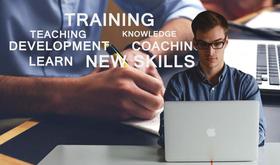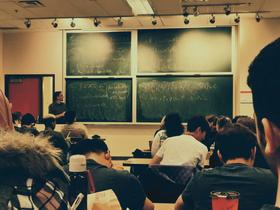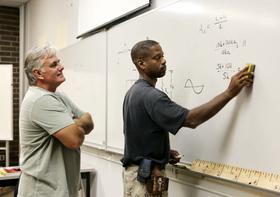Most business owners understand that top-notch employee training offers the necessary edge in a competitive market. However, finding the time, money, and resources for such training is often out of the grasp of many small companies today.
The good news is that you can get your employees the training they need – sometimes at no cost to you! Community colleges have risen to the call of training the workforce in a variety of skills and industries.
Brush Up on Technical Skills at Brookdale
For business owners who want to help their staff refine their computer skills, Brookdale Community College in New Jersey has an affordable solution. The college is offering a variety of course options, beginning now and running through the end of the year, according to a report in Asbury Park Press. The program is funded by a state Department of Labor and Business industry grant, so employees can reap the benefits of the additional training at no cost to them.
According to Brookdale Community College, classes offered can benefit employees in the following ways:
- Help them achieve greater accuracy in technical jobs
- Help them manage staff and workloads more efficiently
- Show them how to develop business and serve current customers better
Classes include instruction in MS Excel, MS Word, and the basics of navigating Windows. Employers can also find training options in math and measurement, communications, and English as a second language. Courses are offered at the six different Brookdale campuses, or















































